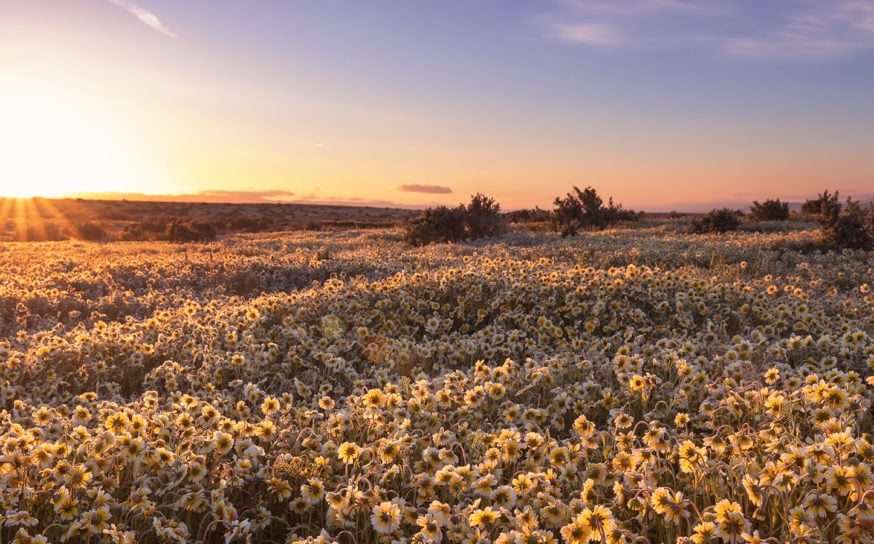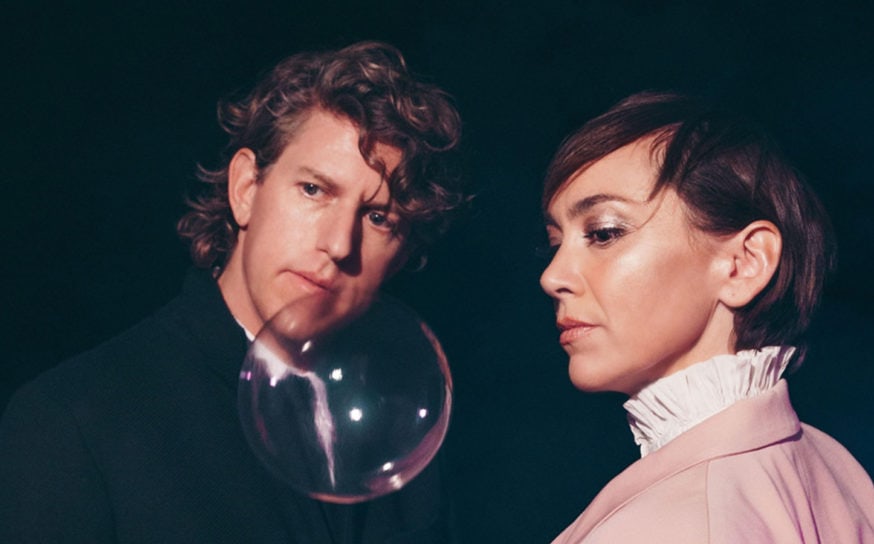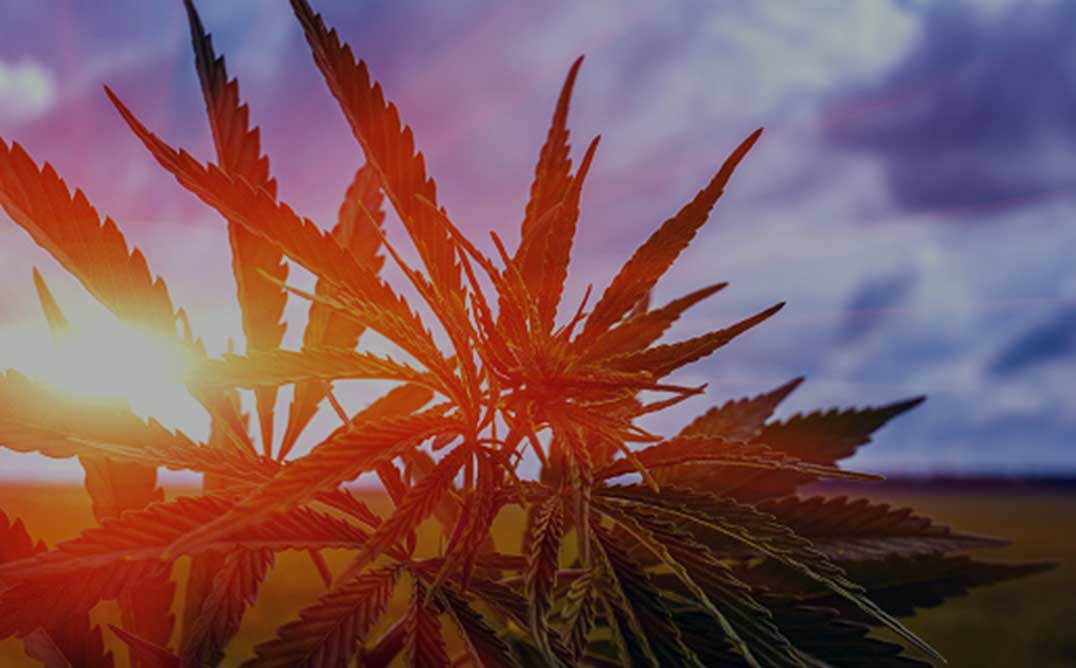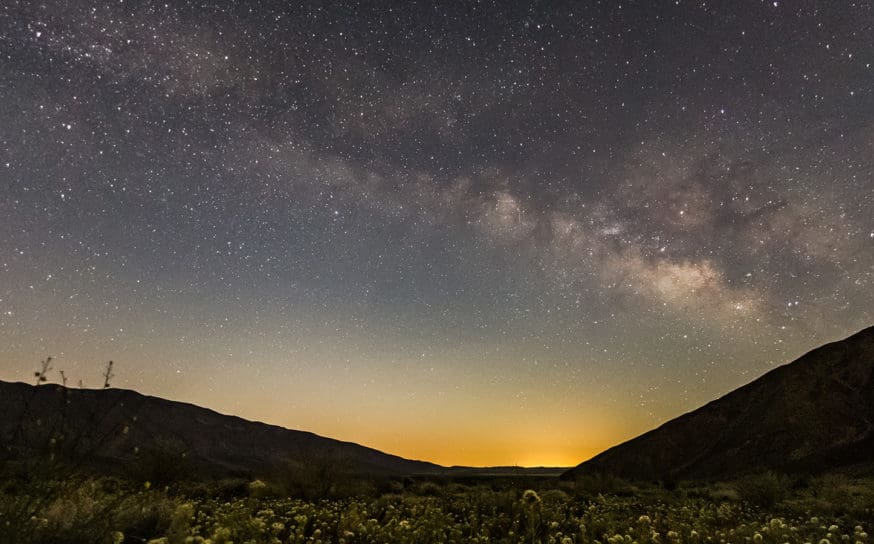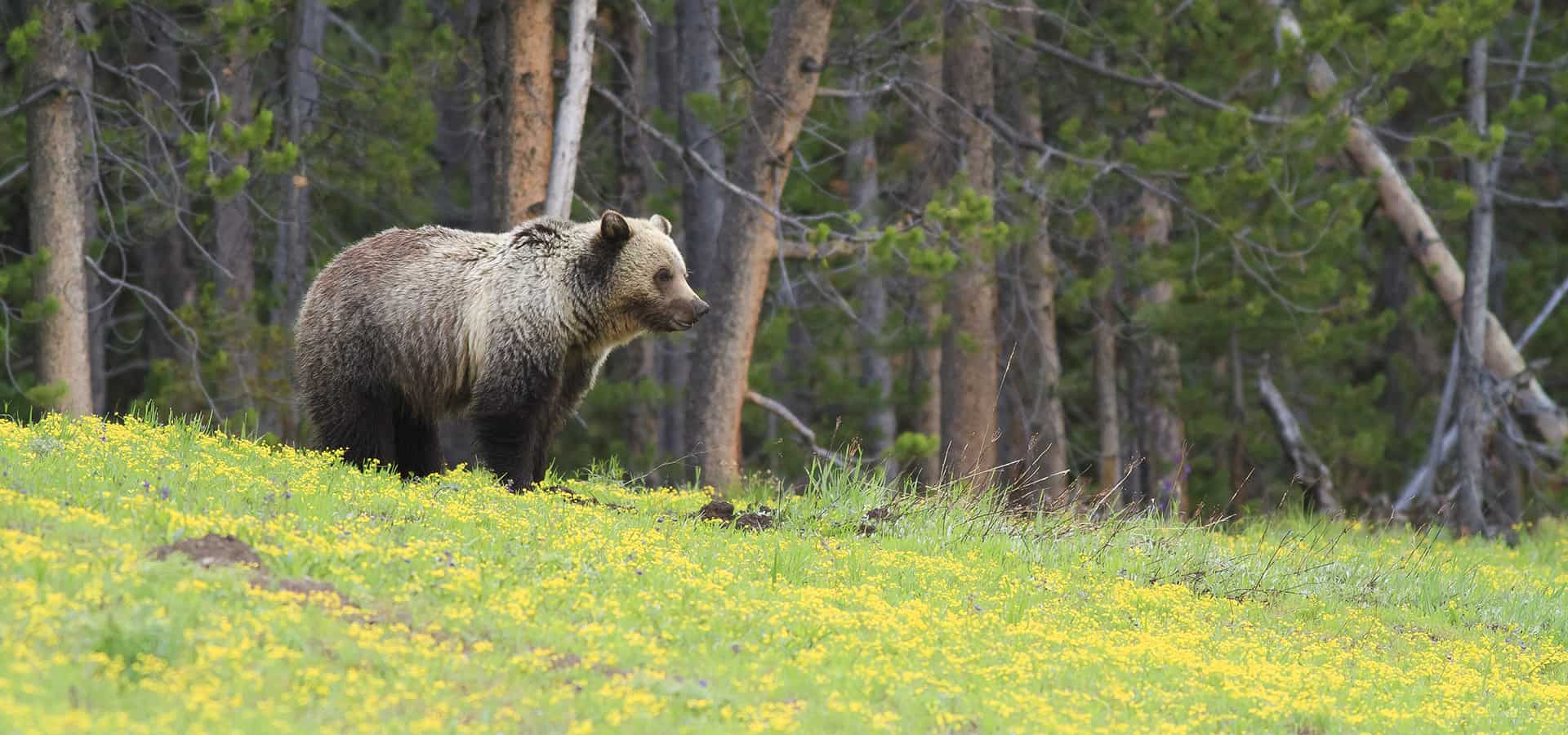
Behind the Effort to Bring the Grizzly Bear Back to California
It’s been nearly 100 years since a grizzly has been spotted in the state.
-
CategorySustainability
Noah Greenwald, an environmentalist and wildlife advocate, is on a mission. He wants to revive the grizzly bear population in California. While the grizzly may be a prominent symbol on the Golden State’s flag and countless T-shirts and hats, one hasn’t been seen here since 1924.
According to Pacific Standard, it’s estimated that 10,000 grizzly bears once inhabited the state, from the High Sierras to the shores of the Pacific Ocean. Today, the bears number around 1,500 and are confined to Wyoming, Idaho and Montana.
“Greenwald, who serves as endangered species director for the Center for Biological Diversity, is passionately interested in the following questions: Can the grizzly be restored to California? And if so, should it? To the first question, Greenwald believes the answer is a resounding yes. In 2014, the CBD filed a petition with the U.S. Fish and Wildlife Service asking the agency to revise its national recovery plan for grizzly bears to include California’s Sierra Nevada as an area for release. The CBD’s recommendations are based largely on the work of Carlos Carroll, a Northern California-based conservation biologist. According to an analysis by Carroll from 2001, a 2,355-square-mile section of prime habitat along the crest of the High Sierra could support a population of between 48 and 108 bears. ‘These are large areas with few roads and low [human] population density,’ Greenwald said. ‘The southeastern reaches of the Sierra Nevada, in particular the Kern Plateau, is really good habitat.’”
Read more the grizzly’s decline in California, and Greenwald’s plan to bring the beast back here.
Have You Visited One of These Less Traveled Natural Wonders?
Fewer crowds and more to love.
The Bird and the Bee Cover Van Halen Classics in Full Tribute Album
The group’s Interpreting the Masters Volume 2 will arrive on August 2.



